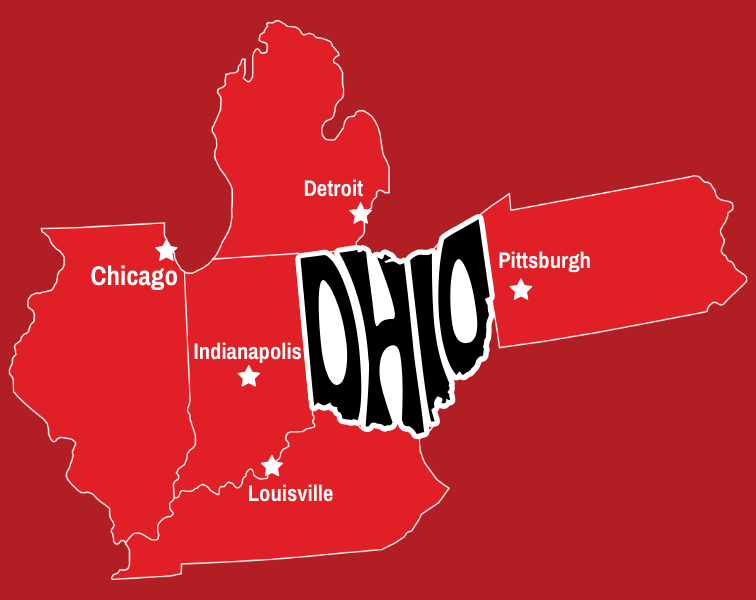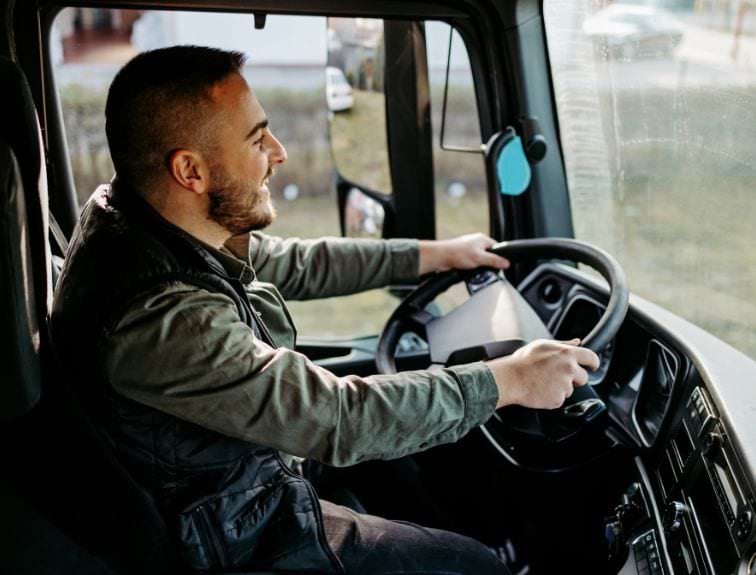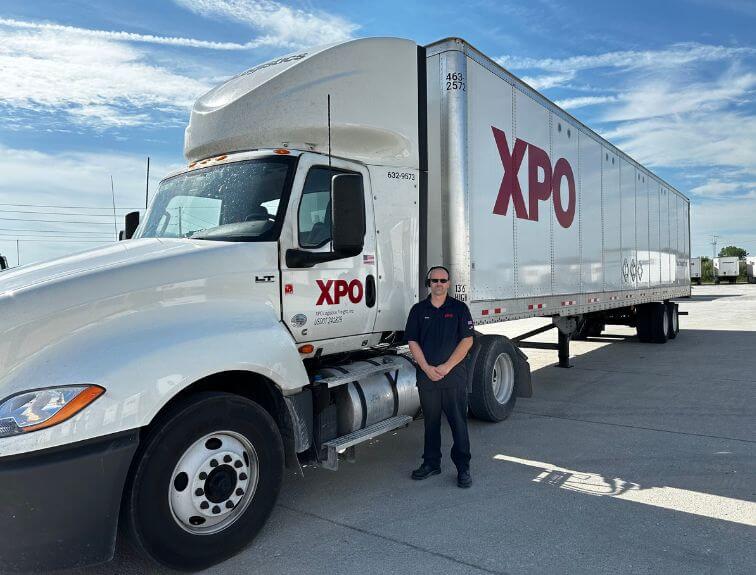Updated April 2025
The average person may not realize why trucking matters, but the truth remains: without trucks, daily life in America would look very different. From food to fuel, trucks continue to serve as the backbone of the transportation industry, even as the economy and global trade landscape shift.
Trucking Delivers the Essentials
Nearly everything Americans rely on, from groceries to prescriptions, moves by truck at some point. While current economic indicators suggest a possible trucking industry recession, driven by factors like tariffs and reduced freight demand, the need for reliable delivery of essential goods remains constant.
Groceries and Bottled Water
Most grocery items are transported to stores by commercial truck. Even when consumers order food online, it’s typically delivered by a commercial or independent driver. If trucks stopped operating, major grocery chains could see significant shortages in just a few days. Smaller, local stores would feel the effects even faster.
And it’s not just food—bottled water, beverages, and even the chlorine used in water treatment facilities all rely on efficient truck deliveries. Without them, clean drinking water and basic supplies could be at risk for people all over the nation.
Health Care Logistics
Hospitals, nursing homes, pharmacies, and clinics all rely on the trucking industry to deliver critical medications and medical equipment. This was especially clear during the COVID-19 pandemic and continues to be relevant today. While freight patterns may shift, the healthcare system cannot function without reliable truck transport.
The Link Between Transport Modes
Trucks essentially connect the dots in the transportation industry. Cargo that begins its journey on ships or trains typically completes its delivery via truck. From raw materials to finished products, trucking supports the flow of goods across the country. Even jet fuel and vehicle gas rely on trucks for distribution – without them, planes, trains, and cars wouldn’t get far.
Retail and E-Commerce
With ongoing changes in consumer habits and recent slowdowns in some areas, retailers are adjusting their logistics strategies. However, the role of trucking in retail remains vital. Stores need constant resupply, and the continued rise of e-commerce depends heavily on truck drivers to meet time expectations for doorstep deliveries.
Waste Removal & Public Health
Municipal waste services rely on trucks to collect and transport millions of pounds of garbage annually. These trucks also deliver the fuel that powers waste processing facilities. Without them, waste would pile up quickly, leading to serious public health concerns.
Banking & Financial Services
Armored trucks quietly play a crucial role in the operation of our financial system. They deliver money to banks, stock ATMs, and ensure businesses have the cash they need to operate daily. Even with the growth of digital payments, the movement of physical currency still depends on the trucking industry.
Keeping Manufacturing Alive
Trucks are integral to U.S. manufacturing. From delivering parts to assembly lines to transporting finished goods, the flow of products in and out of factories is powered by trucking. Industrial hubs across the country, like those in Cincinnati and the Midwest, would grind to a halt without timely truck deliveries.
Looking Ahead in the Trucking Industry
Today’s truck driving careers face both challenges and opportunities. While reports indicate a possible decline in demand due to economic shifts and large-scale layoffs, there remains a truck driver shortage in certain sectors—particularly in the delivery of essential items like food, medicine, and raw materials.
Whether or not the broader market is in flux, one fact remains unchanged: the importance of trucking to the American economy is undeniable. It keeps shelves stocked, hospitals prepared, and industries running. That’s why trucking matters: skilled truck drivers who have completed a quality Class A CDL program will always be attractive to top carriers and will never go out of style.




